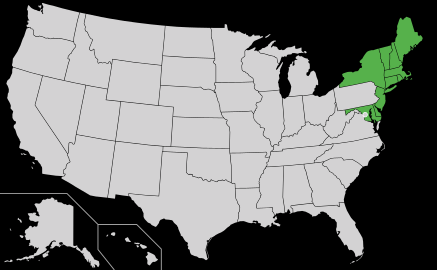
DRBC Proposed Regulations Don’t Approach a FULL BAN on Fracking!
October 29, 2021
Radioactive Costs of Oil & Gas
November 6, 2021By Beyond Plastics, October 2021
The New Coal: Plastics and Climate Change is a comprehensive account of the United States plastics industry’s significant, yet rarely acknowledged contributions to the climate crisis. Using coal-fired power plants as a benchmark, the report examines ten stages in the creation, usage, and disposal of plastics: fracking for plastics, transporting and processing fossil fuels, gas crackers, other plastics feedstock manufacturing, polymers and additives production, exports and imports, foamed plastic insulation, “chemical recycling”, municipal waste incineration, and plastics in the water.
As of 2020, the U.S. plastics industry is responsible for at least 232 million tons of CO2e gas emissions per year. This amount is equivalent to the average emissions from 116 average-sized (500-megawatt) coal-fired power plants.
The U.S. plastics industry’s contribution to climate change is on track to exceed that of coal-fired power in this country by 2030. At least 42 plastics facilities have opened since 2019, are under construction, or are in the permitting process. If they become fully operational, these new plastics plants could release an additional 55 million tons of greenhouse gases—the equivalent of another 27 average-sized coal plants. The health impacts of these emissions are disproportionately borne by low-income communities and communities of color, making this a major environmental justice issue.
Plastics are the new coal.
Although the plastics industry has long touted plastic’s recyclability, in truth, less than 9% of plastics are recycled, and new proposals for “chemical recycling” or “advanced recycling” actually have more in common with incineration—a major source of both climate emissions and harmful air pollutants. Most of these facilities spend vast amounts of energy catalyzing chemical changes designed to turn plastics into more burnable fuel. The burning of plastics made in the U.S. already releases an estimated 15 million tons of greenhouse gases each year. If we turn to these processes to handle plastic waste, the emissions impacts would be even greater.
You can download the following as pdf’s:
You can view Judith Enck’s October 2021 press conference here.




